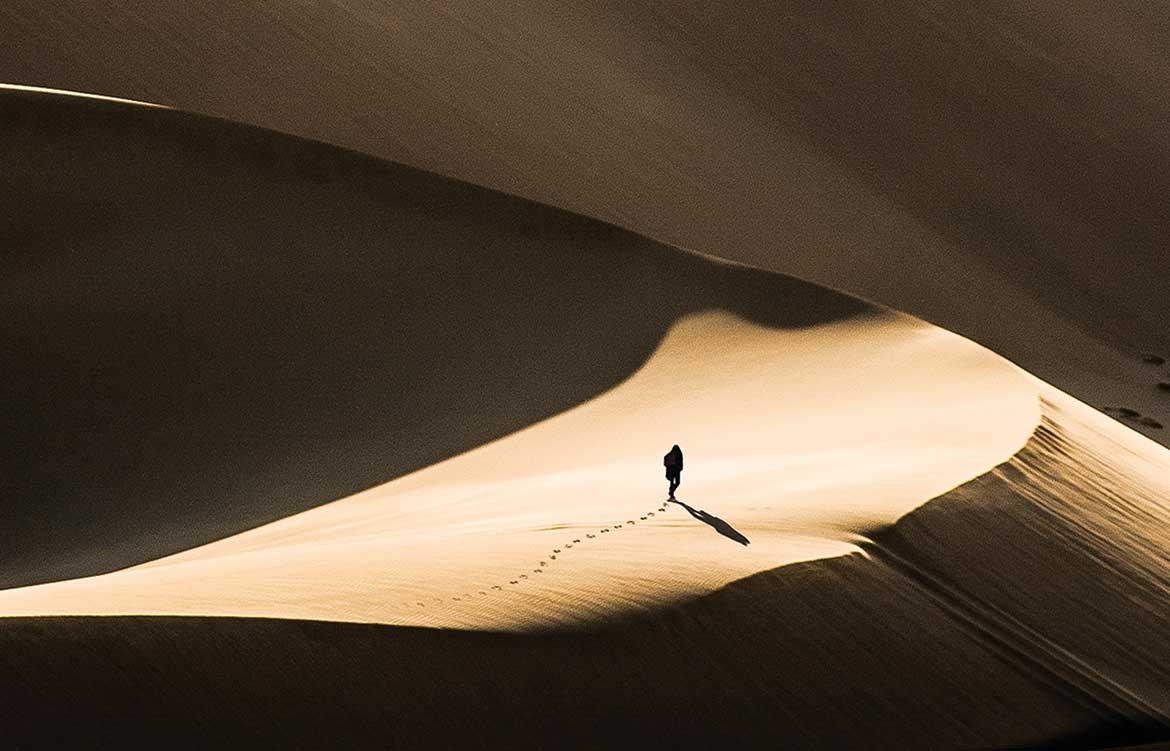
Adventure Awaits...
There are some places on this planet that, quite simply, just break your heart. Places of maroon dust and lavender sunsets. Places that seduce with a sense of vague familial echo. Canvas tents and shuttered balconies. Bazaars spilling to the fringes of iridescent copper canals. Soft, camphor breezes and dragonflies and quicklime. Places where the prayers of the blind muezzin respond to the same of the evening’s cicadas. The discreet rhapsody of savannahs. The charm of temple gardens blanketed in moss.
Story continues below advertisement
Toward the latter end of the Nineteenth Century, it was precisely this headiness of romance that whipped intrepid westerners into a frenzy of overland travel. Where, hitherto, Grand Tours of Classical Europe and the Mediterranean had been voguish amongst the cosmopolitan elite, the combined efforts of Late Romantic poets, adventure novelists and colonial gentry began to set in motion a craze for safari journeying throughout distant continents. In part, the drawcard was always twinned: balancing the exoticism of far-flung destinations with the anthropological curiosity of communities relatively untouched by the swift encroachment of western influence.
Today we are all too familiar with the effects such tourism triggered: big game hunting, ecological and social devastation, the obliteration of authentic cultural traditions and the commercialising of communities displaced by what ethnographers term ‘genetic drift’. And yet, the sublimity of these arresting environments, the magnificence of the people who live there and the customs they follow continue to play upon our dreams of voyage and discovery.
Story continues below advertisement
Twenty-five years ago, Julie McIntosh found herself contemplating this precarious equilibrium. In a bid to balance the ardour for exotic locations and wildlife with the proven-to-be potentially disastrous effects of the modern tourist, she sought to reimagine the accepted methodology of travelling. Such marks the beginning of The Classic Safari Company. In the words of McIntosh – the company’s Founder and Director – “now celebrating our twenty-fifth year, we’re Australia’s leading safari specialists. Since our first days in 1992, we’ve been exploring the world and sharing our passion for extraordinary wilderness regions across Africa, the Indian Subcontinent, Latin America and far beyond.”
“Passion”, of course, is the perfect term. Carving out a rare place in the tourism landscape, The Classic Safari Company’s unique “passion” for taking first-hand experiences and translating those into truly exceptional – and always bespoke – journeys has given their team an unmatched degree of access to entire pockets of untouched wilderness, and rich, energetic communities (not to mention some of the most breathtaking encounters with wildlife).
Story continues below advertisement
“I always prefer the term of ‘active travel’,” McIntosh tells me. “Today, tourism is incredibly trend-driven. In the past several years we’ve seen the growth of sub-categories within tourism such as food tourism or eco-tourism. And while these offer very creative and certainly unique ways to explore other regions, we prefer instead to place more importance on engaging with the local communities and their culture. This type of ‘active travel’ immerses us in the depth and variety of different ways of life.”
Whether in Botswana or Bhutan, Sri Lanka or Morocco – and seemingly everywhere in between – McIntosh’s belief in the thriving potential of ‘active travel’ has garnered The Classic Safari Company an important position in helping to achieve much-needed conservation efforts.
Photography by of The Classic Safari Company, Dan Grinwis, Casey Allen, Jeff Lemond (Unsplash)